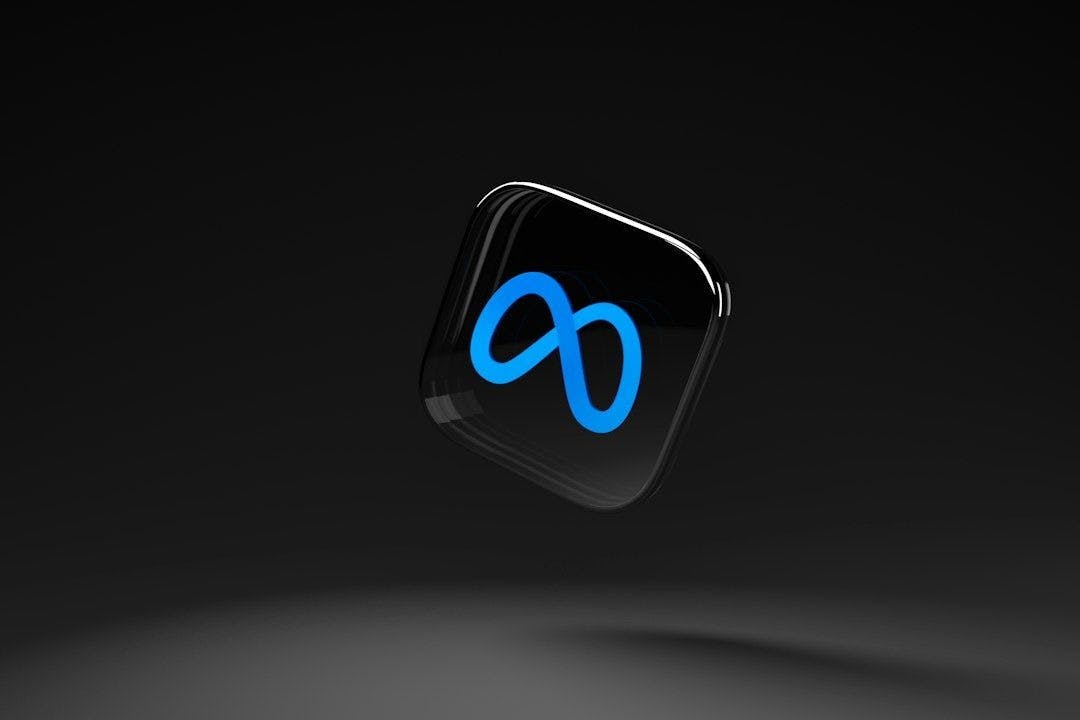The United States v Meta Platforms Court Filing October 24, 2023 is part of HackerNoon’s Legal PDF Series. You can jump to any part in this filing here. This is part 94 of 100.
COUNT XLIX: VIOLATIONS OF RHODE ISLAND DECEPTIVE TRADE PRACTICES ACT, R.I. GEN. L. §§ 6-13.1-1 TO 6-13.1-10
1133. The State of Rhode Island incorporates and realleges each of the paragraphs 1 through 850 as if fully set forth herein.
1134. The Rhode Island Deceptive Trade Practices Act (RI DTPA) makes unfair methods of competition and unfair or deceptive acts or practices in the conduct of any trade or commerce unlawful. R.I. Gen. Laws § 6-13.1-2.
1135. The RI DTPA defines “unfair methods of competition and unfair and deceptive acts or practices” as, among other things, “conduct that . . . creates a likelihood of confusion or of misunderstanding,” “any other methods, acts, or practices that mislead or deceive members of the public in a material respect,” and “any act or practice that is unfair or deceptive to the consumer.” R.I. Gen. Laws § 6-13.1-1(6)(xii), (xiv), (xiii).
1136. Any person, firm, or corporation who violates the RI DTPA is liable for a civil penalty up to $10,000 for each violation. R.I. Gen. Laws § 6-13.1-8.
1137. Meta’s acts or practices enumerated in the foregoing paragraphs have been in the conduct of trade or commerce, directly or indirectly, in Rhode Island.
1138. As alleged herein, Meta made representations including that Meta’s Social Media Platforms are not designed to harm young users or to induce compulsive use, that Meta’s Social Media Platforms are less addictive than they actually are, that the incidence of negative user experiences was lower than it actually was, that Meta was not prioritizing profit maximization over young users’ well-being when it was, that Meta effectively excluded under-13 users when its safeguards were insufficient, that Meta complied with federal laws and regulations related to the exclusion of under-13 users when it did not, and that Meta did not collect user data for the purpose of causing addiction to its Social Media Platforms when it had such a purpose. These representations constitute conduct that creates a likelihood of confusion or misunderstanding and that deceive and mislead members of the public regarding Meta’s Social Media Platforms. R.I. Gen. Laws § 6-13.1-1(6)(xii), (xiii), (xiv).
1139. Similarly, as alleged herein, Meta is engaging in unfair acts to consumers, including implementing psychologically manipulative, engagement-inducing features that harm consumers and targeting young users despite knowing their specific vulnerability to compulsive and unhealthy platform use. These unfair acts constitute conduct that is especially unfair to younger users. R.I. Gen. Laws § 6-13.1-1(6)(xiii).
1140. Meta’s acts or practices, both past and continuing, are immoral, unethical, oppressive, unscrupulous, and substantially injurious to Rhode Island consumers. Pursuant to R.I. Gen. Laws § 6-13.1-2 and § 6-13.1-5, the acts, practices, representations, and omissions of Meta described herein are unlawful, violate the prohibition against unfair or deceptive acts or practices found in RI DTPA, and restraint of these practices is in the public interest.
Continue Reading Here.
About HackerNoon Legal PDF Series: We bring you the most important technical and insightful public domain court case filings.
This court case 4:23-cv-05448 retrieved on October 25, 2023, from Washingtonpost.com is part of the public domain. The court-created documents are works of the federal government, and under copyright law, are automatically placed in the public domain and may be shared without legal restriction.
Lead image by Dima Solomin on Unsplash

